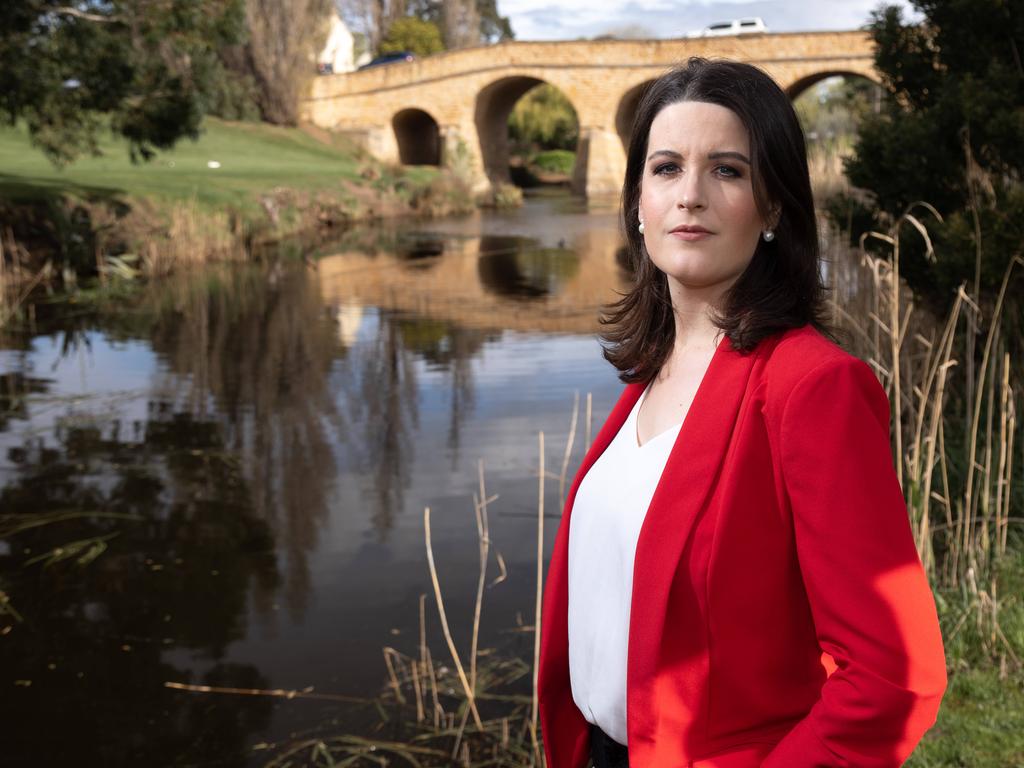Attorney-General Elise Archer backs banned transgender paper as ‘considered and detailed’
Attorney-general Elise Archer has described a paper rejected by the University of Tasmania for allegedly being ‘transphobic’ ass ‘considered and detailed’.

A paper rejected by the University of Tasmania for being “transphobic” has been described as “considered and detailed” by the state’s Attorney-General, who is using it in reviewing transgender laws.
As revealed by The Weekend Australian, the UTAS Law Review recently rejected for publication a paper by University of Queensland law dean Patrick Parkinson critiquing Tasmania’s transgender laws.
Two peer reviewers blocked the paper, citing its failure to “advance human rights” and its use of “offensive” terms such as “biological female” and “opposite sex”.
That led Professor Parkinson to accuse UTAS of “censorship”, although the university insisted the paper was rejected not just because reviewers disagreed with his conclusion — that the laws created “legislative incoherence” — but because it had “substantive flaws”. “The process relating to your article was handled in exactly the same manner as any other article submitted,” UTAS law academic Peter Lawrence wrote.

Professor Parkinson, who was criticised by UQ academics last year for presenting a paper that compared transgender children to teenagers with eating disorders, has rejected Dr Lawrence’s assertion, and said neither reviewer identified any errors of law or fact and instead focused on the language used in the paper.
The Australian has now obtained a copy of a letter from Tasmanian Attorney-General Elise Archer in which she praised Professor Parkinson’s work as “considered and detailed”.
In the letter, Ms Archer said she would use the paper rejected by the UTAS Law Review to help frame the government’s response to the recent Tasmania Law Reform Institute review of the laws.
That legislation — making gender optional on birth certificates and ending the requirement for transgender people to have sex reassignment surgery for their gender to be recognised — passed in Tasmania after Labor, the Greens and House of Assembly Speaker Sue Hickey voted in its favour. The government, which opposed the April 2019 legislation, has said the changes have been poorly drafted and may have unintended consequences.
On Sunday, Ms Archer confirmed she was “giving consideration to Professor Parkinson’s article”, as well as to the TLRI report and “other correspondence”.
The TLRI, which was tasked with considering any adverse affects from the changes, said they did not have any significant unintended consequences.








To join the conversation, please log in. Don't have an account? Register
Join the conversation, you are commenting as Logout